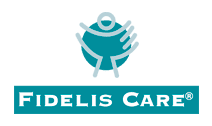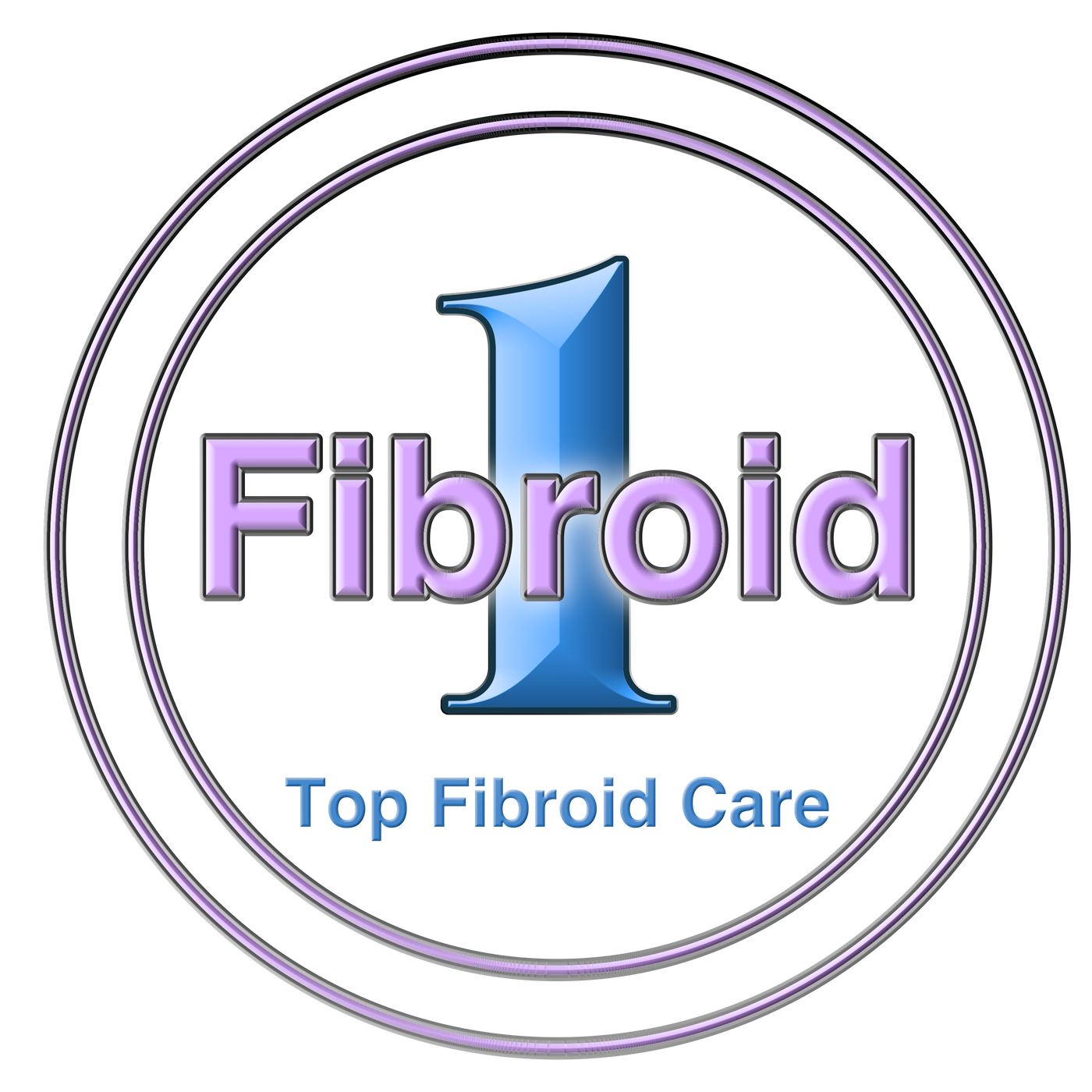Learn More About Pelvic Congestion Syndrome
Chronic pelvic pain is a common condition, as it is one of the main reasons people are referred to gynecologists and pain clinics. For some women, their pelvic pain is caused by pelvic congestion syndrome, a condition that often occurs after pregnancy, especially for those who have given birth to more than one child. Pelvic congestion syndrome isn’t caused by fibroids but is caused by blood buildup throughout the veins.
At Fibroid Center, we can provide treatment for pelvic congestion syndrome and help reduce pelvic pain completely through our multidisciplinary team and unique approach to gynecologic care.
Symptoms and Causes of Pelvic Congestion Syndrome
At least one-third of women throughout the US suffer from chronic pelvic pain at some point in their life, and pelvic congestion syndrome can lead to other gynecologic problems for women, including irritable bowel syndrome and polycystic ovaries.
Most often, women with PCS will experience various symptoms, including:
- Dull, aching pain throughout the pelvic and lower back, which worsens around your menstrual period.
- Irritable bladder leading to stress incontinence
- Irritable bowels and reoccurring abdominal pain, with periods of constipation and diarrhea
- Discomfort during and after sexual intercourse
- Vaginal and vulvar varicose veins
- Varicose veins along the inner thighs and back of the thighs
When it comes to the causes of pelvic congestion syndrome, enlarged veins play a major role. This is typically associated with ovarian and pelvic pain dilatation, resulting in varicose veins along the pelvis, thighs, buttocks, and vaginal area due to the backward flow of blood. Although the official cause of pelvic congestion syndrome is unknown, there are a number of potential causes for pelvic congestion syndrome:
- Hormonal Changes: According to some experts, it is believed that hormones, specifically estrogen levels. For women who have issues with estrogen levels, lower levels of estrogen can cause the veins to narrow, leading to the blood valves not closing properly. Estrogen has the ability to make ovarian veins dilate and prevent pelvic pain. Other hormones may also play a part in causing these symptoms.
- Pregnancy: For women who have previously been pregnant, the hormonal changes, weight gain, and anatomic changes in the pelvic structure could weaken the vein wall, causing permanent dilatation and thus predisposing women to PCS. The majority of women affected with pelvic congestion syndrome are often between the ages of 25 and 40 before menopause.
Our Treatments For Pelvic Congestion Syndrome
If diagnosed with PCS, our experienced team at 1firboid center can provide you with multiple treatment options to help relieve your chronic pelvic pain.
Non-invasive options – hormone therapy, which includes progestin hormone drugs and gonadotropin-releasing hormone drugs, can be used to provide medication for chronic pain.
Non – Surgical methods – ovarian vein embolization can be used to reduce pressure from the abnormal varicose veins along with the pelvic and ovarian areas. In cases where these methods don’t work, surgery to remove the damaged veins and other areas can also be provided.
Visit our fibroid treatment clinic today to learn more about our treatment options!











